|
The thrill of RPGs! You gather your friends, set the stage with snacks (because let's be honest, snacks are crucial), and dive into a world where dragons roam and your imagination is the limit. But amidst all the epic battles and heroic quests, there’s one element that can elevate your experience from great to legendary: **your character**! Sure, you might have a catchy name and a cool backstory, but have you ever stopped to think about unlocking your character's full potential? If the answer is, “Not really,” don’t worry! I’m here to help you turn your character from a mere backseat driver into a lead protagonist worthy of a bestselling novel.
1. Understanding Your Character’s Backstory, Dive Deep into Lore: First things first—let's talk backstory. You may think your character is merely a collection of stats and powers, but trust me, their history is a treasure trove waiting to enrich gameplay. When I played a rogue named “Whiskers” (yes, I named my character after a cat—don’t judge!), I dove headfirst into her background: a runaway thief with a heart of gold but a penchant for trouble. Understanding where your character comes from can help you embrace their motivations, flaws, and interactions with others. I remember a session where Whiskers had a heart-wrenching moment when she met an NPC who reminded her of her estranged sister. Instead of just rolling dice, I was genuinely invested in the drama—and so were the other players! Write a Timeline of Events: To really flesh out your character, create a timeline of significant events that shaped them. It can be as magical as slaying a dragon or as mundane as its first pancake-flip. Trust me, a well-timed pancake mishap is often funnier than a glorious battle! 2. Exploring Character Flaws, Embrace Imperfections: Now, let’s talk about character flaws. You know that saying, “Nobody’s perfect?” Well, it rings true in RPGs too! Flaws make your character relatable and provide comedic relief during serious moments. I had a friend whose character boasted the flaw "incessantly curious." It was hilarious watching her dive into things like enchanted books—even when they were labeled “DO NOT OPEN!” Creating Story Hooks from Flaws: Additionally, embrace those flaws to create story hooks that compel character development. Maybe your noble paladin has an irrational fear of cats due to a traumatic encounter with a feline in his youth. Now, every time a cat appears in the game, not only do we have a laugh, but it also opens up a chance for character growth! 3. Collaborating with Other Players, Inter-Character Relationships: Next up is collaboration with your fellow players. It’s not just about your journey; it’s about how your character interacts with others! Creating personal dynamics, whether that's friendships, rivalries, or love interests, can add drama to your campaign. My bard and an elf ranger developed a hilarious love-hate relationship where they competed for the DM's attention, leading to constant one-upping during sessions! Talk about entertainment! Shared Backstories: Why not connect character backstories? Perhaps your rogue and the wizard were childhood friends who lost touch. Unraveling their past provides an extra layer to your sessions. Plus, it makes the bond feel real—just like my shoe-shopping trip with a friend turned heel-less disaster. Ah, memories! 4. Using In-Game Skills Creatively, Thinking Outside the Box: Now let’s talk tactics! Many players stick rigidly to their character’s abilities—and while that's cool, thinking outside the box can be a game-changer. Is your fighter skilled in brute strength? Consider using that well-placed kick to knock over a table creating a barricade during combat. When Whiskers found herself cornered by guards, she didn’t just hide; she used her “sleight of hand” to create a distraction with a thunderous pop from a faux firework spell. The guards were left confused, while she snuck by with a victorious smirk! 5. Feedback and Collaboration with the Game Master, Engaging Your GM: Engagement with your Game Master (GM) can significantly elevate the gaming experience. Don’t be shy about discussing character arcs, goals, or even quirks. A few sessions ago, I approached my GM about my character's aspirations to become a legendary baker. Now I get to roll dice for baking skills mid-adventure—who knew flour fights could be so thrilling? Helping your GM understand your character can lead to exciting plot twists and events tailored just for you. Seeking Feedback: Also, seek feedback. Ask your GM how you can improve your character’s development or how they can fit into the larger narrative. You might be surprised by their insights. The more we collaborate, the more enriched your fantasy world becomes! 6. Role-Playing Techniques,Voice and Mannerisms: Let’s dive into some role-playing techniques, shall we? Putting on a unique voice or adopting mannerisms can significantly enhance your character portrayal. Had a tough day? Channel that into your character! Who wouldn’t want to hear a grumbly wizard shouting his spell in a deep, exaggerated voice, ‘FOR THE LOVE OF MAGIC!’ Trust me—embellishing dialogue can turn mundane moments into laugh-out-loud memories. Staying In-Character: But remember: stay in character! Try to respond as your character might, even when off-script. This keeps you immersed in the game and can lead to unexpected hilarity! Last session, a player’s character boldly claimed, “I will protect my comrades!” while tripping over the imaginary rug. It’s these moments that create a bonding experience! 7. Utilizing Character Goals, Setting Personal Objectives: Setting personal objectives for your character can offer performance motivation and engagement. Perhaps your warrior wants to collect all legendary weapons, while your bard aims to write an epic—a character who is determined is a character who captivates! These objectives can interweave nicely with the overarching campaign plot! Creating Mini-Quests: Encourage mini-quests that align with your character's goals. It could be a simple side quest to find your character’s old mentor or confronting a long-lost rival. Mini-quests make sessions feel more dynamic, driving both personal growth and group cohesion. 8. Experimenting with Game Mechanics, Learning the Rules: Every game has its rules—embrace them! Understanding the mechanics allows you to exploit them creatively. Isn’t it great to know the intricacies of your skills and spells? You might discover you can combine a spell with an attack in a way you hadn’t considered before! Finding Unique Combinations: Get creative with multi-classing or unique abilities. Maybe your rogue can dip into wizard skills for diverse playstyles. I once crafted a bard/rogue combo that dazzled enemies and snagged an amazing loot! Rolling dice while keeping everyone on their toes? Epic! 9. Developing Emotional Connections, Investing in the Story: Creating emotional connections with NPCs and major plot points can elevate your gameplay experience. Invest in their stories like your character would! A heartfelt farewell to an ally can lead to tear-jerking moments (trust me, my pirate captain’s farewell had everyone weeping). Using Props and Visual Aids: Add visual aids! You could bring in a handmade character portrait or even use props that relate to backstories. I once incorporated tiny baking props related to my character's goal, and it led to nonstop fun and laughter during sessions! 10. Continuous Character Evolution, Embracing Character Growth: To unlock your character’s full potential, embrace their ongoing growth. Characters shouldn't static—they should evolve based on experiences and challenges faced. I remember when my paladin faced a moral dilemma, shifting from an unwavering follower of law to a protector of the downtrodden. Documenting Changes: Keep track of your character's evolution! This can be as simple as maintaining a character journal. Documenting their thoughts (and quirks) will enrich your sessions, guiding your performance and decisions as the story unfolds. Conclusion: There you have it! Unlocking your character’s potential can lead to richer storylines, deeper connections, and a boatload of fun. Whether you are a seasoned pro or just starting out, adopting these strategies can breathe new life into your gaming sessions. So go forth and unleash those new tricks in your next adventure! Try even one suggestion next time you roll the dice, and let me know how it goes. After all, maximizing your RPG experience is about finding joy in the role-play, developing multi-dimensional characters, and enjoying every moment of your epic journey. Now, grab your gear, suit up, and may your next session be filled with laughter, drama, and of course, a healthy dose of ridiculousness! Happy adventuring! 🎲✨
0 Comments
Yes, tabletop role-playing games (TTRPGs). For some, they’re an elaborate game of fantasy, a chance to wield swords, weave spellbinding tales, or just toss some dice with friends while pretending to be a wizard (who wouldn’t want to be a wizard?). But here’s the hidden gem: these games are also a fantastic playground for honing emotional skills! Yes, you read that right. Your role as a half-elf bard or a grumpy dwarf can lead you to become more emotionally intelligent in real life. Let’s take a whimsical dive into how TTRPGs help you express yourself and gain emotional skills.
Understanding Emotional Skills.What Are Emotional Skills, Anyway? Before we get all lost in dungeons and dragon lore, let’s talk about what emotional skills are. Think of emotional skills as your emotional toolkit. They include your ability to **understand**, **express**, and **manage** your emotions. Whether you’re feeling ecstatic after rolling a critical success or utterly devastated by your character’s untimely demise, emotional skills are about recognizing how you feel and interacting with others effectively. For all the 18-35-year-olds out there (this could very well be your time to shine!), these skills are particularly essential. They can transform awkward dating scenarios and team projects into something harmonious. Mastering emotional skills can lead to healthier relationships and improved mental well-being, which is a win-win. How TTRPGs Develop Emotional Skills. A Safe Space for Expression: Imagine you just spent four hours in a smoky tavern role-playing with your friends, crafting riveting stories, and engaging in epic battles. Suddenly, after fighting a dragon, you realize that expressing your emotions is as easy as rolling dice! In TTRPGs, you get to channel your inner feelings through your character, which creates a wonderfully safe space for expression. I vividly remember playing as a character named “Fredo the Fearless,” who was anything but fearless. In one session, Fredo’s backstory unfolded as I poured out my own insecurities. Did it feel weird? Absolutely! But it also allowed me to confront feelings I hadn’t realized were bubbling beneath the surface. Each time Fredo faced his fears (which usually meant screaming and running toward the problem), I learned a little more about expressing my emotions in real life. Enhancing Empathy: Empathy, the superpower that allows you to feel what someone else feels, is like gold in modern interactions. TTRPGs require you to immerse yourself fully in characters with different backgrounds, motivations, and experiences. Want to play an evil overlord? You may not relate to their dastardly deeds, but you’ll get to unravel their twisted logic. When playing a half-orc barbarian who lost everything, I felt genuine sorrow for my character’s tragic tale. That moment resonated with me in a way that translated to real life. I found myself being more empathetic in my own relationships. When a friend shares their struggles, I remember my time being *Frodo the Reluctant*, and I understand that behind every battle, there’s a story. Practical Emotional Skills Gained from TTRPGs. Active Listening: In TTRPGs, listening is paramount. Each player weaves their tale, and as a team, you build a collaborative narrative. This game of shared storytelling emphasizes the importance of listening—both for the plot twists and for emotional cues. During my last campaign, my fellow player, Claire, detailed her character’s tragic backstory about losing her family to bandits. Everyone at the table was glued to their seats, nodding empathetically as she unfolded her story. Active listening became a part of the game; it wasn’t just about rolling dice; it was about hearing each other. When I left that session, I realized listening skills sharpened in the gaming world had also drifted into my daily life. I found myself more attentive in conversations. Suddenly, I wasn’t just waiting for my turn to speak; I was genuinely absorbing others’ words. Conflict Resolution: Ah yes, the joy of conflict resolution! A TTRPG isn’t complete without its fair share of in-game squabbles. Whether it’s a disagreement over a dice roll or a heated debate about how to defeat a particularly nasty goblin horde, learning to navigate these conflicts is essential. I recall a game where I played a suave thief named “Nox.” Tensions rose when two players couldn’t agree on how to divide the loot after a successful heist. Instead of diving headfirst into bickering, we discussed our characters' motivations—who needed the gold the most, who had the biggest slice of pie to begin with. We came to a compromise, and the loot was divided fairly, and dynamics strengthened. This scenario taught me invaluable lessons about addressing conflict calmly and collaboratively. Now, when faced with disagreements at work or in relationships, my instinct isn’t to argue; it’s to communicate and resolve issues as effectively as we did at the table. Non-Verbal Communication: TTRPGs aren’t just about what comes out of your mouth; they’re also about the body language and expressions that accompany every action. Want to play a character who can convince others? You’ll have to master the art of the “smirk” or the “gritty glare.” The sense of improvisation at play teaches us a lot about non-verbal cues. During one particularly thrilling session, I played a bard—not the type to strum a lute softly in the corner, but one who made his presence felt with flamboyant gestures. That day, I learned how to convey humor and charisma without saying a word! After that campaign, I started paying attention to how others communicated non-verbally. It became easier to recognize when a friend was upset, even if they didn’t say a word. Understanding body language opens a whole new avenue of communication. Communicative Expression Through TTRPGs. Storytelling Techniques: Every TTRPG session is a chance to tell a story. Whether it’s concocting an incredibly intricate character backstory or simply sharing what your character did last session, storytelling fosters an environment of self-expression. I once based a character on my own life experiences—a young adventurer struggling to find a place in the world. Sharing his journey was cathartic. It evoked memories and feelings I hadn’t fully expressed. By figuring out how to articulate my character’s feelings, I also learned how to share my own emotions better with those around me. By practicing storytelling techniques through TTRPGs, you build the confidence to share your own narrative in everyday conversations. Whether it’s with friends at a hangout or during a presentation at work, these skills matter! Use of Humor and Creativity: Let’s be real: TTRPGs allow you to unleash your inner comedian. The balance of humor in gameplay is critical—it creates a bond among players, diffuses tension, and lightens the mood. Through spontaneous humor, players learn to take emotional risks. One of the funniest moments in my gaming journey was when my character accidentally turned into a giant chicken while attempting a powerful spell! The laughter that ensued not only created a great memory but also helped us all relax. This playful expression inspires you to embrace humor in real life. When uncomfortable situations arise, you can choose to inject a bit of humor—just like that infamous giant chicken incident in our campaign. It’s an emotional skill that transforms awkwardness into lighthearted camaraderie. Real-Life Applications of Emotional Skills from TTRPGs. Professional Environments: Picture this: you’re in a brainstorming meeting at work. Everyone is tossing ideas around, and suddenly there’s a disagreement. In that moment, the emotional skills you developed through TTRPGs kick in. You can listen actively, negotiate calmly, and suggest creative solutions. When I applied these techniques in a recent project discussion, I noticed how everyone responded positively! The room felt less tense, and everyone felt heard. By taking what I learned from the gaming table into my work life, I found success in fostering collaboration. Personal Relationships: Let’s face it: relationships can be tricky. Yet with the emotional skills you’ve developed through TTRPGs, you’re on a solid path toward healthier connections. By honing empathy, listening, and conflict resolution skills, you can better support those you care about. I remember a time when a close friend faced challenges in their personal life. Utilizing the empathy I gained from TTRPGs, I was able to connect with their emotions. The unique angle I took as their “adventurer” allowed them to frame their perspective in a playful light. It opened up a deeper discussion about their struggles, leading to a more supportive bond. Conclusion: So there you have it, folks! TTRPGs offer more than just fantasy escapism; they’re a treasure trove of emotional skill-building. From developing empathy to mastering communication, these tabletop adventures teach us that expressing ourselves doesn’t have to be daunting. Next time you gather around the table, think about what you can glean from your character’s experiences and your fellow players’ stories. And if you’re new to TTRPGs, take the plunge—try a session! Who knows? You might just come away with skills that transform not only your game but your life as well. Additional Resources: - **Recommended TTRPGs for Beginners**: 1. **Dungeons & Dragons**: A classic entry point. 2. **Fiasco**: A fun, unpredictable disaster of a game. 3. **Monster of the Week**: Perfect for fans of supernatural storytelling. - **Online Communities**: 1. Reddit’s **r/RPG** community for discussions and advice. 2. Facebook groups centered around TTRPGs for finding local players. - **Further Reading**: 1. “Emotional Intelligence” by Daniel Goleman. 2. “The Art of Game Design: A Book of Lenses” by Jesse Schell. So gear up, adventurer! Your emotional journey awaits, and the dice are waiting to roll. |
Archives
December 2024
Categories |
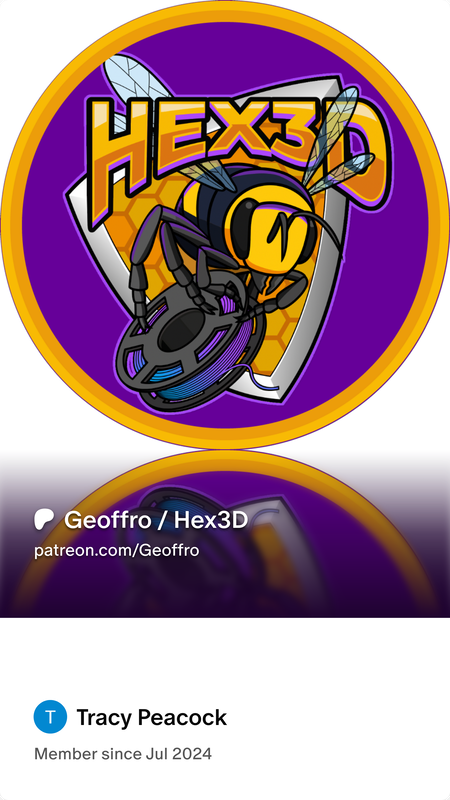

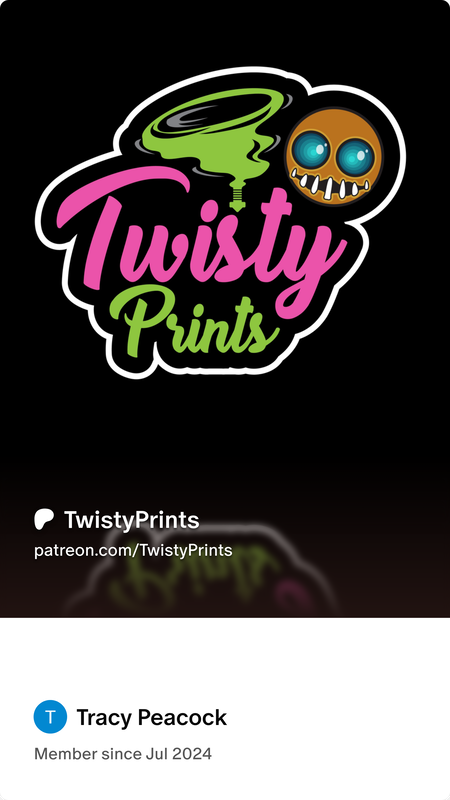
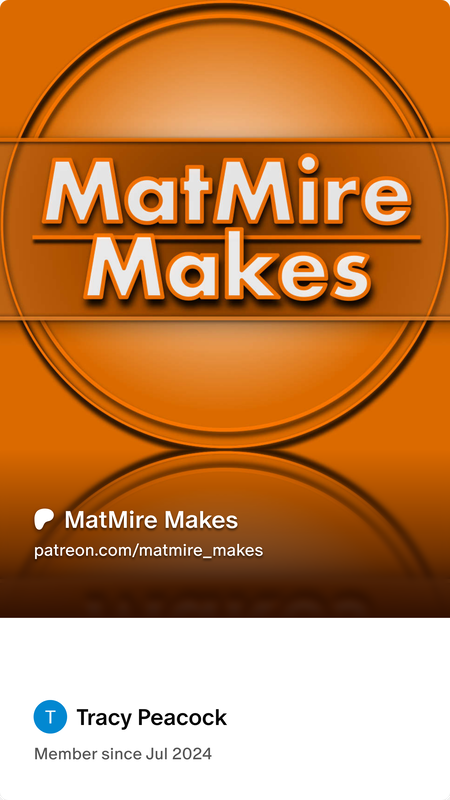

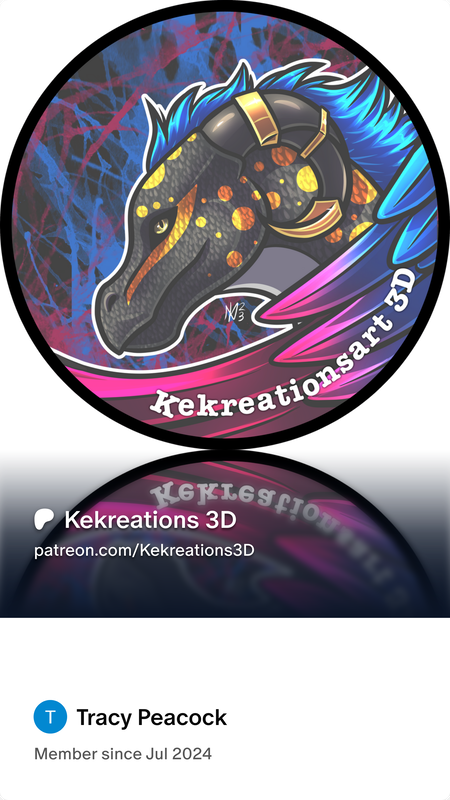
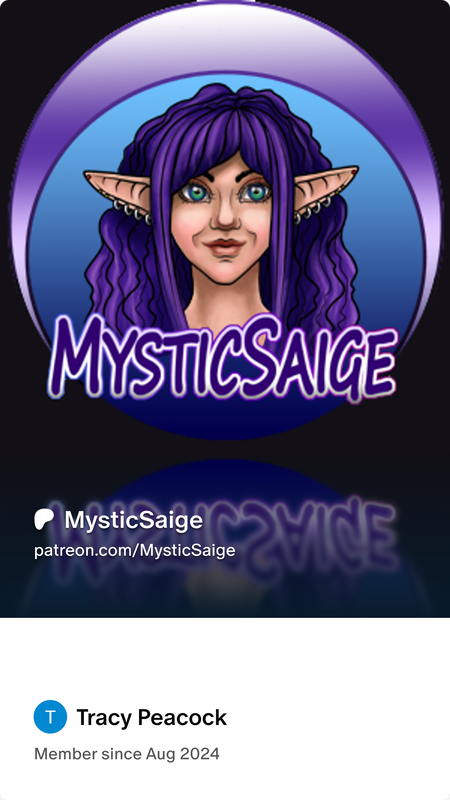
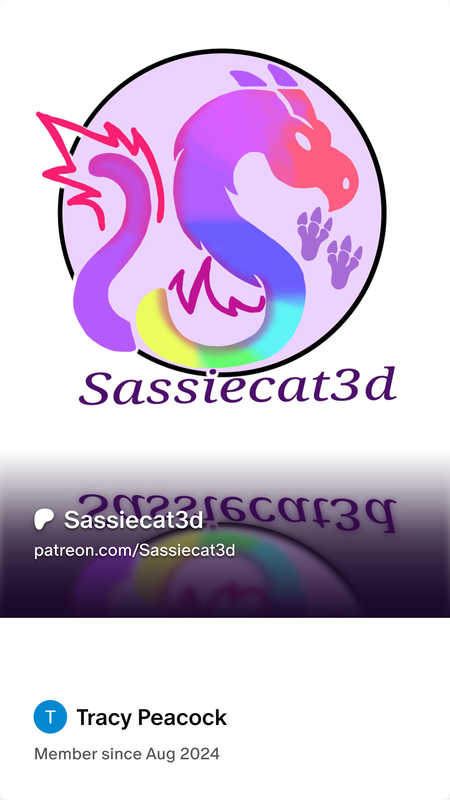
 RSS Feed
RSS Feed